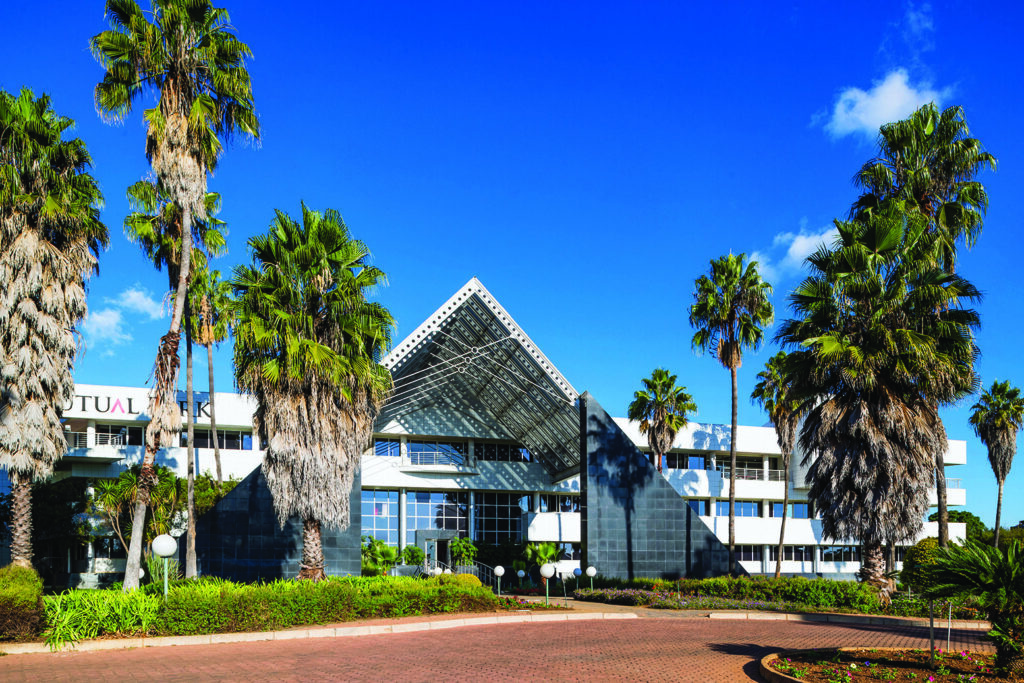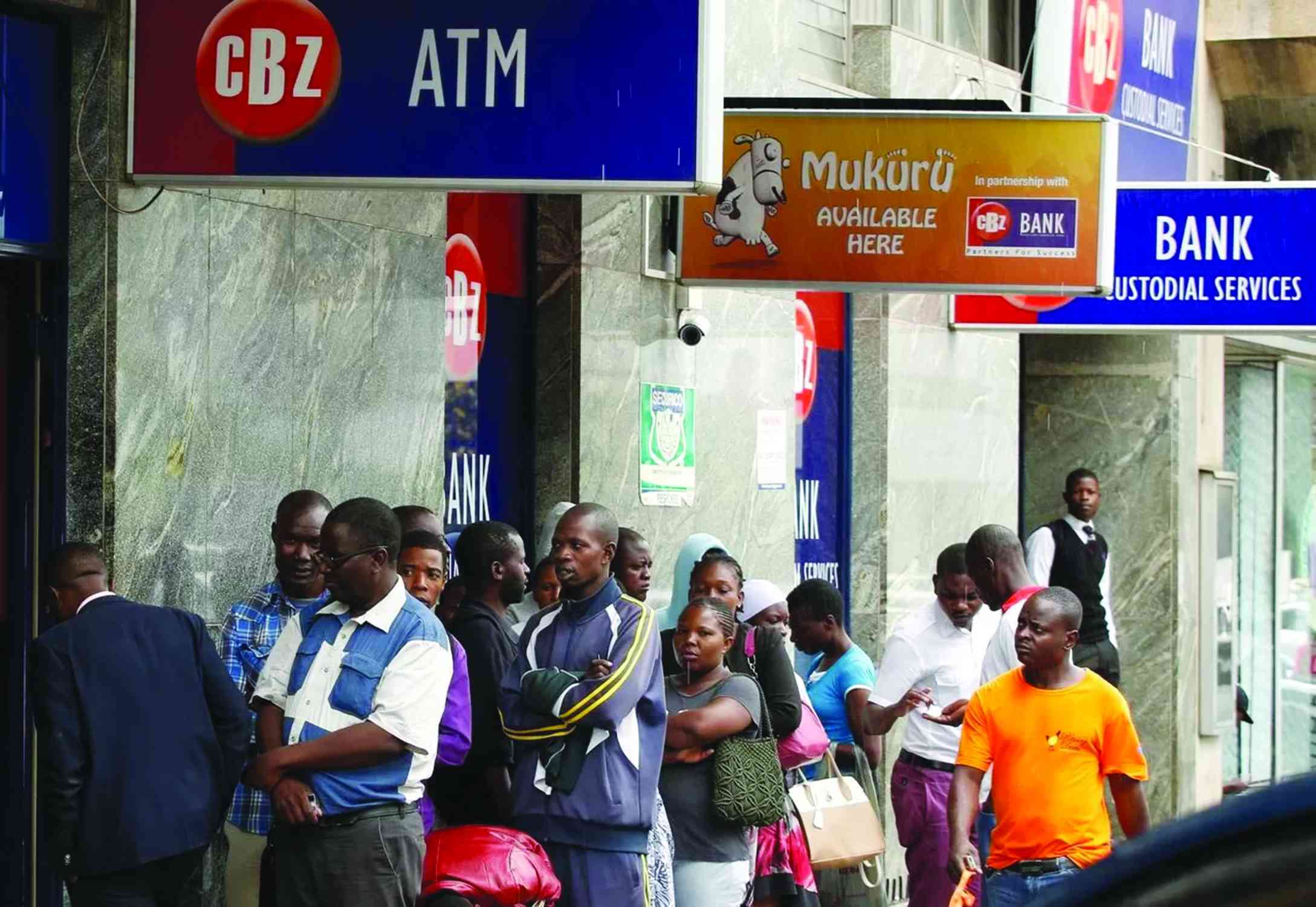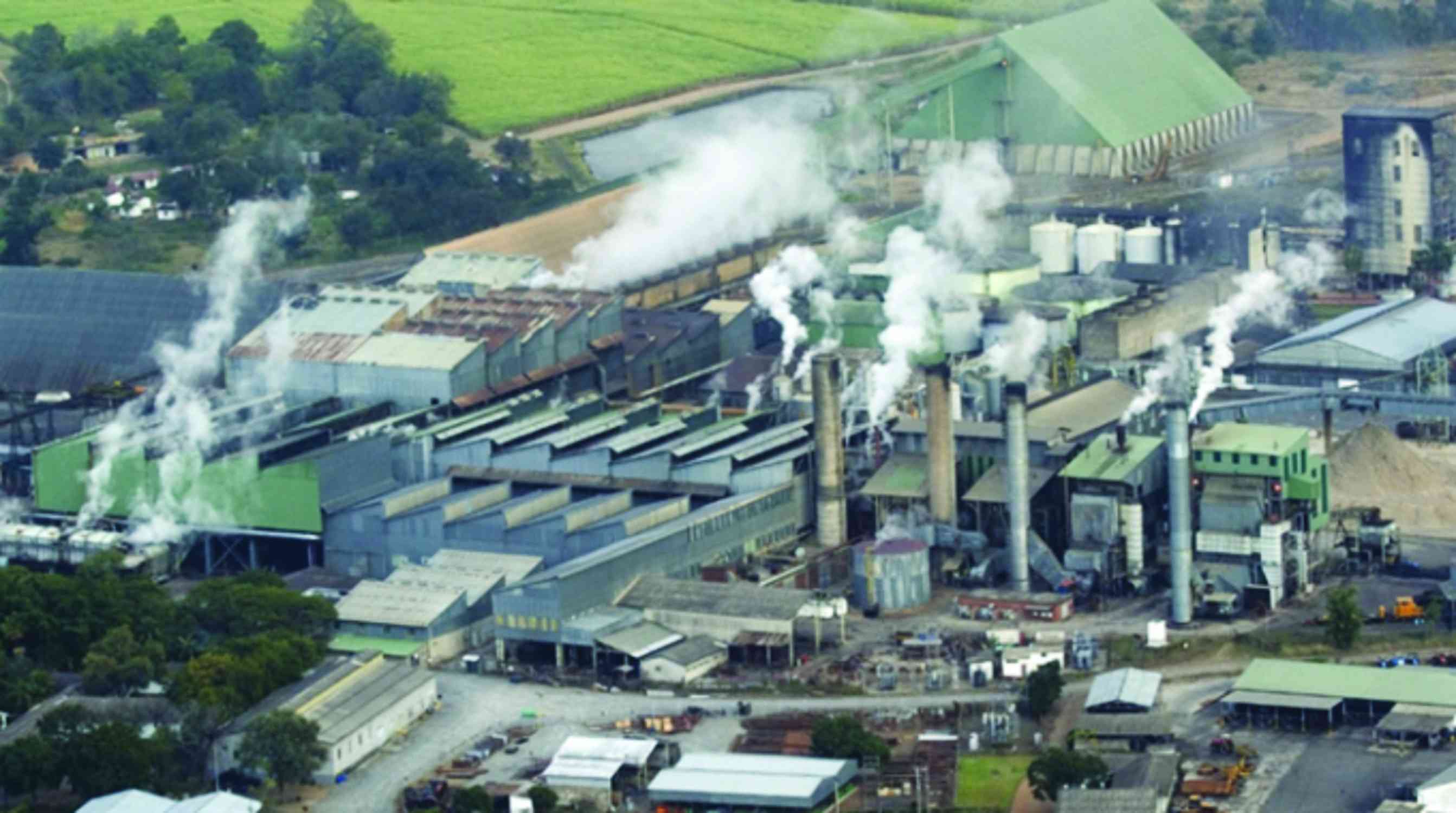
SHAME MAKOSHORI FIRST Mutual Holdings Limited (FML) has escalated its push to consolidate Southern African insurance interests, pouring a combined US$5,9 million into its Botswana and Mozambique units.
The drive to diversify risk beyond Zimbabwe has increasingly been becoming a top priority across big financial services interests since a meltdown returned in 2019, when the government announced currency reforms, which are now seen to be at the heart of a myriad of troubles confronting Zimbabwe.
At the height of the first phase of Zimbabwe’s downturn that ended with dollarisation in 2008, big firms extended their footprints into Sadc to defend shareholder interests, before calling off their plans when jitters calmed down from 2009.
But Zimbabwe’s economy has relapsed into chaos, with hyperinflation militating against recovery efforts amid foreign currency shortages.
Last week, authorities said annual inflation rocketed to 96,4% in April, after ending at 72,7% the previous month.
Along with rising inflation, the domestic unit has been battered on the black market, losing close to 29% of its value in four months, and sparking another appetite by companies to fortify regional interests.
In a commentary to financial statements for the year ended December 31, 2021, FML chairperson Amos Manzai confirmed the new thinking, telling investors that the group had followed its rights in a cash call at Mozambique-based Diamond Seguros, along with raising fresh capital for a Botswana domiciled reinsurance operation.
“The reinsurance cluster completed a BWP61 million (about US$5 million) capital raise in Botswana through its partnership with the Aleyo Growth Fund 1 GP (Proprietary) Limited,” Manzai said.
- Chamisa under fire over US$120K donation
- Mavhunga puts DeMbare into Chibuku quarterfinals
- Pension funds bet on Cabora Bassa oilfields
- Councils defy govt fire tender directive
Keep Reading
“The group, through NicozDiamond, also followed its rights in the recapitalisation of Diamond Companhia de Seguros (Diamond Seguros) with capital injection of US$915 000 in August 2021.
“The capitalisation resulted in the company exceeding the minimum regulatory capital to operate in Mozambique.
“Diamond Seguros migrated from an associate to a subsidiary with effect from December 1, 2020.
“Gross Premium Written (GPW in the Mozambique firm) grew by 75% in 2021 as a result of improved broker business due to improved confidence after recapitalisation of the business in the third quarter of 2020. In Mozambican Metical (MZN), the GPW growth was 29%…,” Manzai noted.
The group’s inflation adjusted GPW increased to ZW$14,3 billion (about US$89 million) during the review period, up from ZW$9,5 billion (about US$59 million) during the comparable period in 2020.
Net Premium Earned improved to ZW$10,9 billion (about US$69 million) during the review period, almost double ZW$6,7 billion previously.
However, profit after tax slowed to ZW$3,3 billion (about US$20 million) from ZW$3,7 billion previously.
Manzai said a US$961 million pandemic stimulus injected by the International Monetary Fund (IMF) into Zimbabwe last year will be the nerve centre to drive recovery in an economy that has been tormented by currency troubles since 2019.
The windfall was Zimbabwe’s share of a US$650 billion global package released in August to restart economies, following a bloodbath instigated by the Covid-19 scourge, which tore through the planet in 2020, forcing economies to roll out a series of hard lockdowns.
The International Monetary Fund’s injection came onto the scene as Zimbabwe was descending into fresh chaos following prolonged economic mismanagement, which has destroyed infrastructure and pushed companies to the brink.
The Zimbabwe Stock Exchange-listed FML sees the government deploying the package into planned infrastructure projects, thereby stimulating the failing economy.
“The Ministry of Finance and Economic Development is projecting that the economy will recover, with growth projections of 5,5% in 2022 led by infrastructural development as well as increases in the output of the major sectors of the economy including mining and agriculture,” Manzai said in his note to investors and shareholders.
The group’s financial year ends on December 31.
“The International Monetary Fund’s allocation of Special Drawing Rights to mitigate against the impact of Covid-19 will enhance recovery prospects for the country. The group will take advantage of its diverse business portfolio, existing and new strategic partnerships, as well as its regional footprint to galvanise a sustained growth trajectory in the future,” he added.
Finance minister Mthuli Ncube in September laid out a solid spending plan for the funding late last year, saying the windfall would be guarded by three top bankers, who will report to President Emmerson Mnangagwa monthly.
Sectors hardest hit by Covid-19-induced lockdowns would receive maximum attention as Ncube and his team work to revive an economy that slowed by 4% as the pandemic ripped through the country in 2020.
Write downs included those in the key tourism industry, which lost US$1 billion in 2020, the biggest such fall in 40 years.











